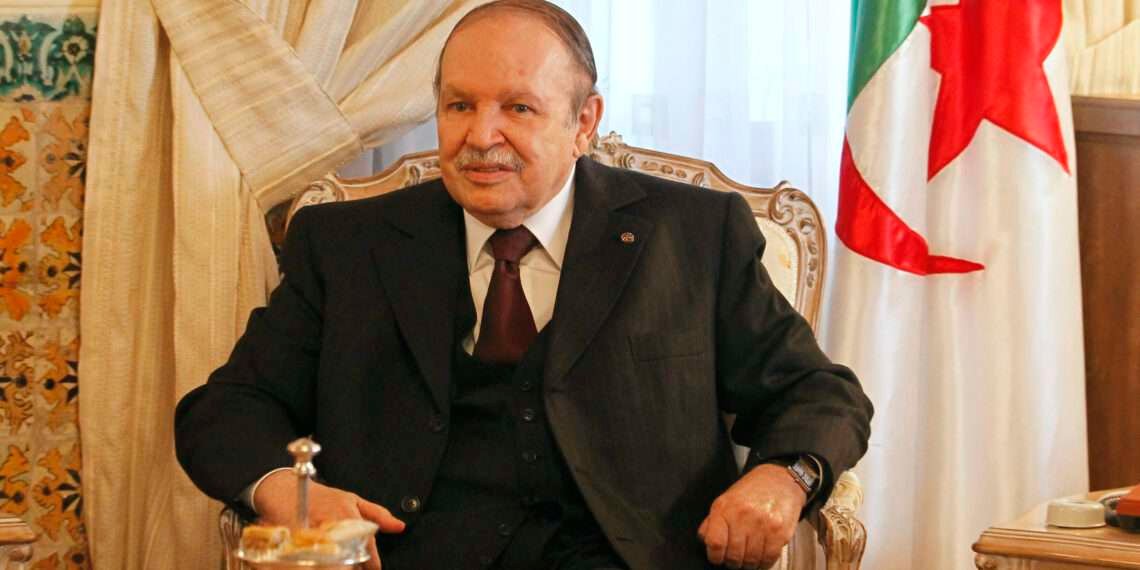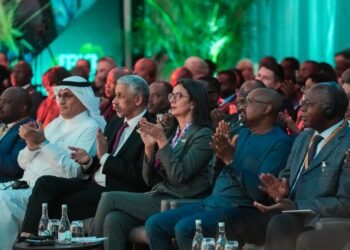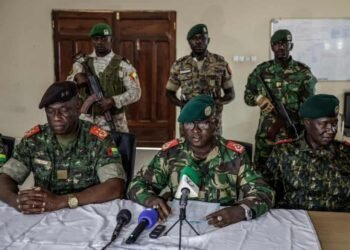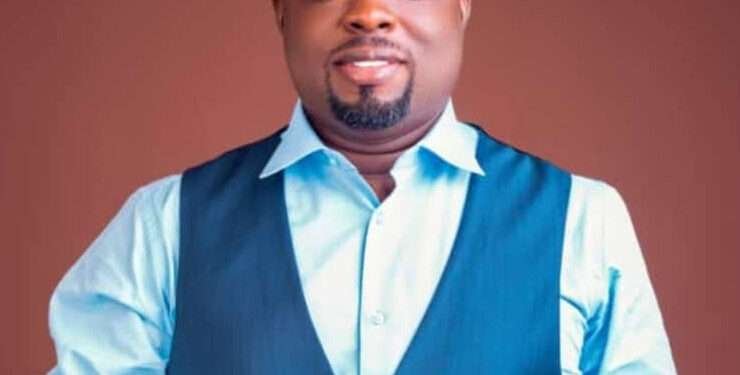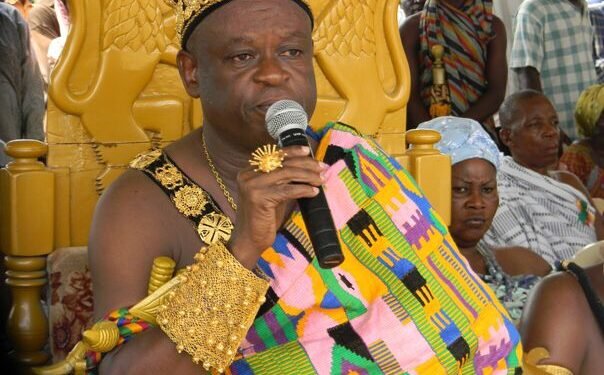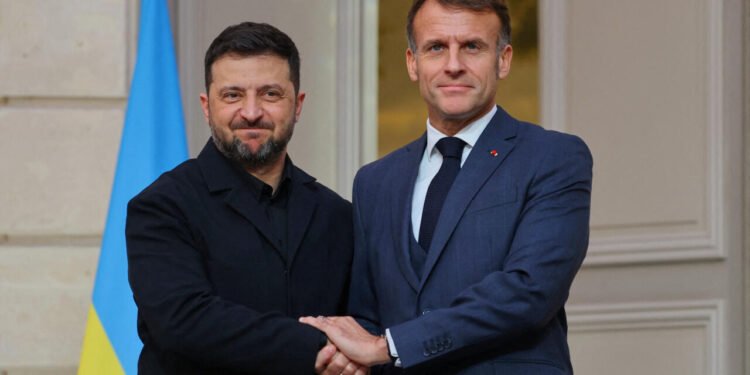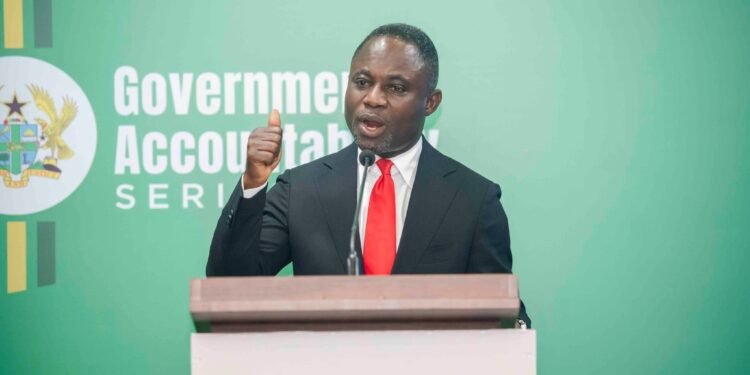Algeria on Sunday buried its longest-serving President, Abdelaziz Bouteflika, at a cemetery for its independence heroes, but without the honors accorded his predecessors.
Bouteflika died on Friday at age 84 after a humbling fall from power. The Ex-President started his career as the world’s youngest foreign minister and grew to become one of its oldest heads of state.
The veteran strongman lived as a recluse since quitting office in April 2019 after the military abandoned him following weeks of street protests sparked by his bid to run for a fifth presidential term.
His muted funeral, with no lying-in-state and just three days of national mourning instead of eight, reflected a mixed legacy that left many Algerians indifferent to the ceremony.
“Frankly, I’ve got better things to do than follow the funeral of a president who left the country in a terrible state”, said a retired financial sector employee in the capital, Algiers.
Sources say after the burial, around 200 mourners gathered around his tomb and placed flowers on it.
Muted ceremony
President Abdelmadjid Tebboune flanked by top government officials attended Sunday’s funeral, while the minister for independence fighters, Laid Rebiga, read an eulogy.
An armored vehicle towed his flag-draped coffin on a gun carriage adorned with flowers and escorted by lines of police on motorcycles.
Apart from family members, government officials and foreign diplomats attended the ceremony, guarded by blue- and black-uniformed security officers.
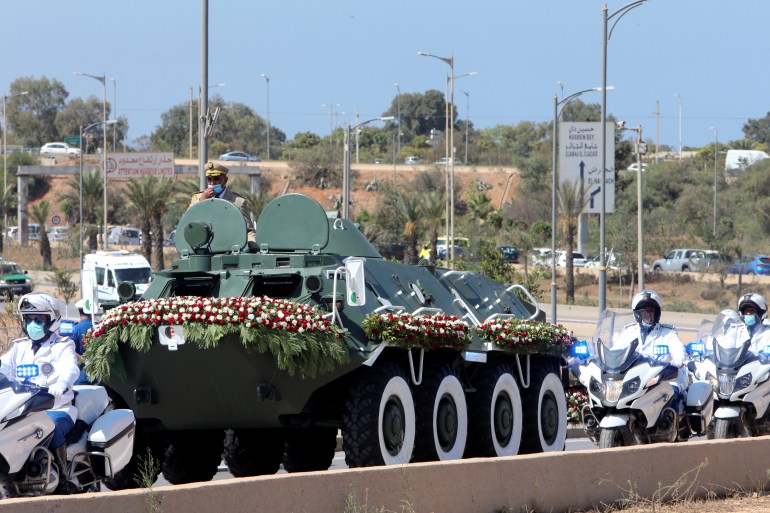
The procession travelled from Bouteflika’s residence to the cemetery east of downtown Algiers, as bystanders filmed it with their mobile phones.
Tebboune, who succeeded Bouteflika and once served as his premier, placed a wreath of the freshly-dug tomb amid a gun-salute, according to reports.
Meanwhile, only journalists from state media were given access to the ceremony which was not broadcast live. This was in sharp contrast to the fanfare that accompanied previous presidential deaths in the country.
Earlier, the People’s Palace, where other presidents had lain in state, was prepared to display his remains before the interment. However, this was cancelled.
Ill health and protests
Bouteflika, who had first served as foreign minister in the mid-1960s, swept to the presidency in 1999 on a wave of popular support. This is because he granted amnesty to Islamist militants that helped bring an end to a decade-long civil war.
But despite economic progress amid high oil prices in the early years of his rule, crude exporter Algeria later saw growing corruption and unemployment. These challenges became key drivers of the Hirak pro-democracy movement that eventually ousted him.
Algeria was largely spared the uprisings that swept the Arab world in 2011, something many credited to memories of the civil war and a boost in state handouts.
But graft under Bouteflika and his circle left Africa’s largest nation by surface area, with vast oil wealth, with poor infrastructure and high unemployment. Meanwhile, Bouteflika also faced criticism from human rights groups and opponents who accused him of being authoritarian.
He suffered a mini-stroke in April 2013 that affected his speech, forcing him to use a wheelchair, barely appearing in public during a presidential campaign the following year.
However, his bid in 2019 for a fifth term sparked protests that soon grew into the Hirak pro-democracy movement. Some Bouteflika-era figures were eventually jailed, including his powerful brother Said, who was however permitted to attend Sunday’s funeral. But many members of the old guard are still running the country.
READ ALSO: 91-Day Interest Rate Edge up as 182-Day Lose Further Grounds

